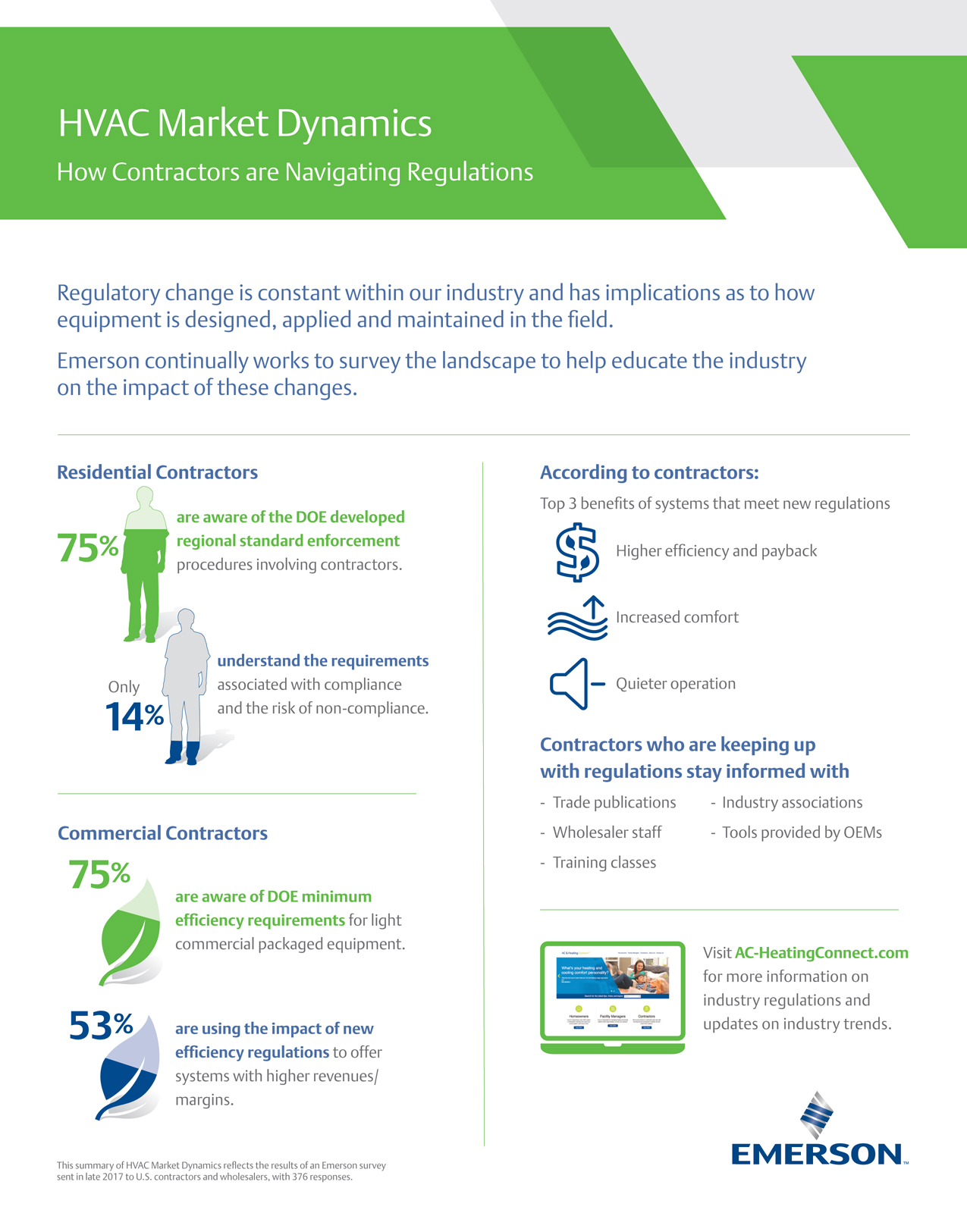Exactly How Weather Condition Impacts Heat Pump Efficiency And What You Can Do About It
Exactly How Weather Condition Impacts Heat Pump Efficiency And What You Can Do About It
Blog Article
Developed By-Jacobs Crabtree
When it involves your heat pump, weather condition plays an important function in its performance. From freezing temperature levels to sweltering heat, each aspect can affect just how efficiently your system operates. But what can you do to combat these weather-related difficulties and ensure your heat pump is operating at its ideal? Remain tuned to find heat pump sale nz and strategies to maximize your heat pump's performance, no matter the weather it faces.
Climate Variables Affecting Heatpump Efficiency
Weather condition elements have a considerable effect on the effectiveness of heatpump. One critical aspect is temperature level. Heatpump function by moving warmth from outside to within during wintertime and the other way around in summertime. As temperature levels drop, it ends up being harder for the heat pump to extract warm from the outdoors air, lowering its efficiency.
One more key element is moisture. High moisture levels can make it a lot more challenging for the heatpump to release warm during the cooling process.
In addition, wind speed contributes. Solid winds can dissipate the warm soaked up or launched by the heat pump, impacting its general efficiency.
Tips for Optimizing Heat Pump Performance
To improve the efficiency and longevity of your heatpump, implementing a few key approaches can make a substantial distinction in its efficiency.
Firstly, ensure normal upkeep by cleaning or changing filters every 1-3 months to prevent air flow blockages and maximize air flow. In addition, schedule annual specialist evaluations to discover and deal with any kind of possible concerns early.
Ideal thermostat setups additionally play a vital duty. During the winter, aim for a temperature level setting that's as low as comfortable, and throughout the summertime, set it as high as comfy to reduce the workload on your heatpump. Using a programmable thermostat can aid you instantly change setups based upon your routine.
Moreover, sealing leakages in ductwork and shielding air ducts in unconditioned areas can stop power loss and boost overall system performance.
Last but not least, take into consideration mounting a wise thermostat that can discover your routines and change settings appropriately, additional optimizing your heatpump's efficiency. By complying with these tips, you can guarantee your heatpump operates effectively and effectively throughout the year.
Best Practices for Weatherproofing Your Heatpump
For ideal efficiency and efficiency of your heat pump, carrying out weatherproofing measures is necessary. Begin by sealing task it chch of voids or fractures around doors, home windows, and ductwork to stop warmth loss and maintain a consistent interior temperature level.
Protect exposed pipelines and ducts to avoid freezing during winter and ensure correct air flow. Consider installing a protective cover over the exterior unit to protect it from rough climate elements like snow, ice, and debris.
Consistently tidy the outdoor system to eliminate dust, leaves, and particles that can block airflow and reduce efficiency. In addition, keep the area around the heatpump clear of snow, ice, and plants to enable appropriate ventilation.
Conclusion
Now that you recognize how climate affects your heatpump efficiency, you can take aggressive steps to maximize its performance. By following the pointers detailed in this short article, such as routine upkeep, thermostat changes, and weatherproofing procedures, you can guarantee that your heatpump operates at its ideal regardless of the weather conditions. Remain successful and maintain your home comfortable all the time.
